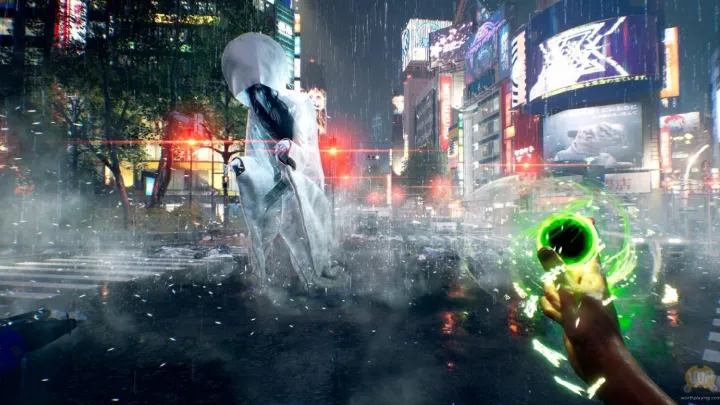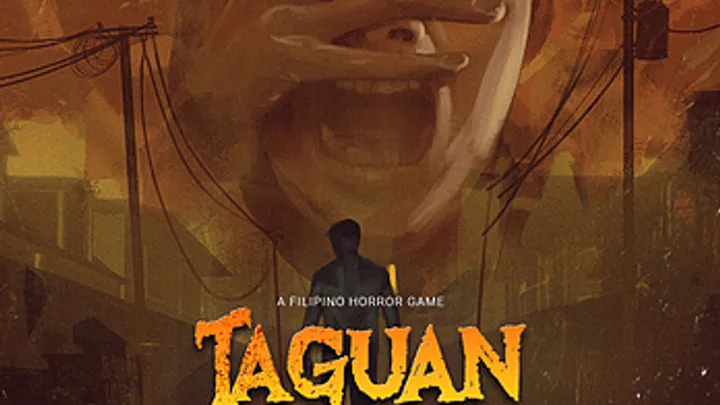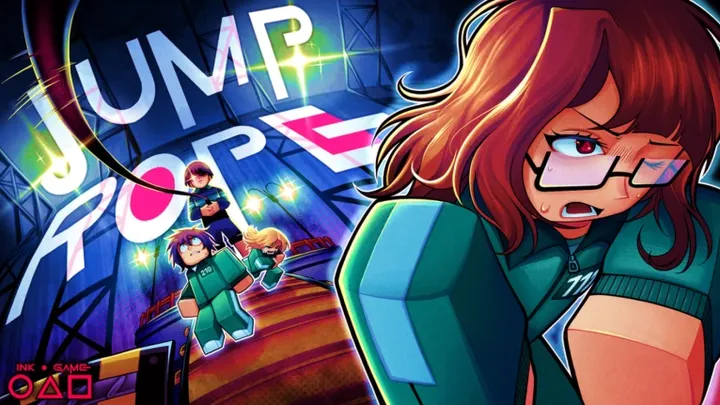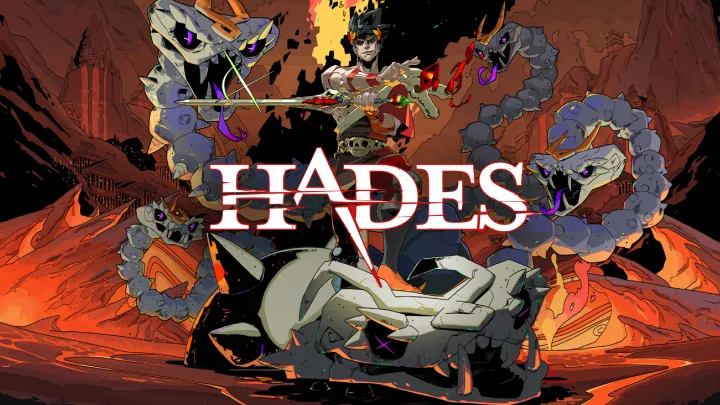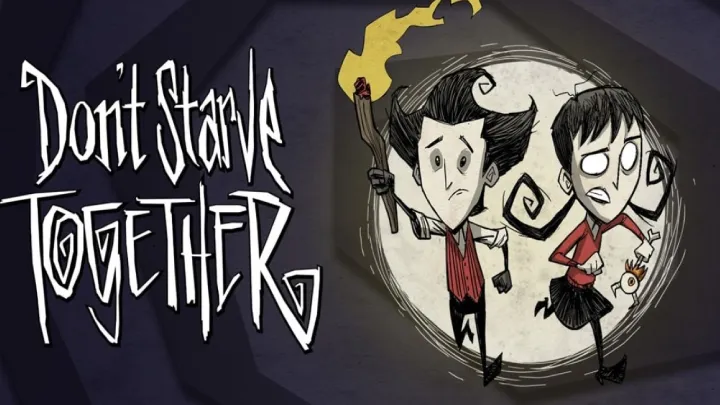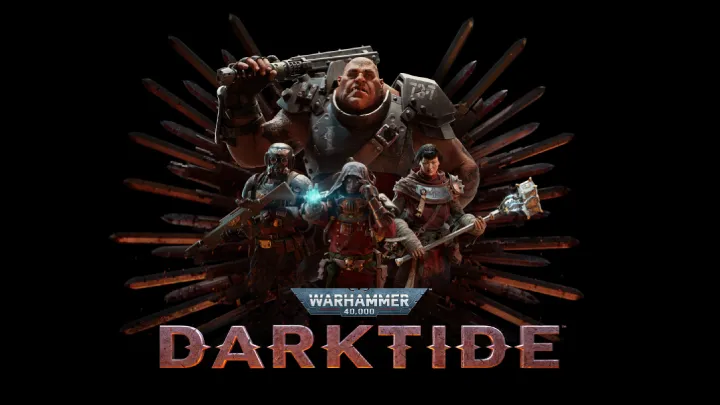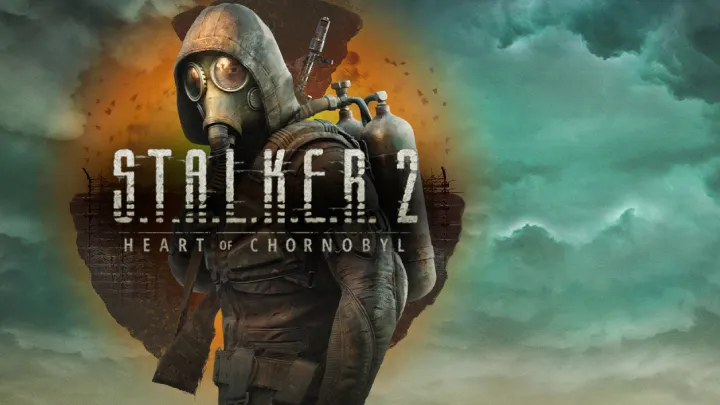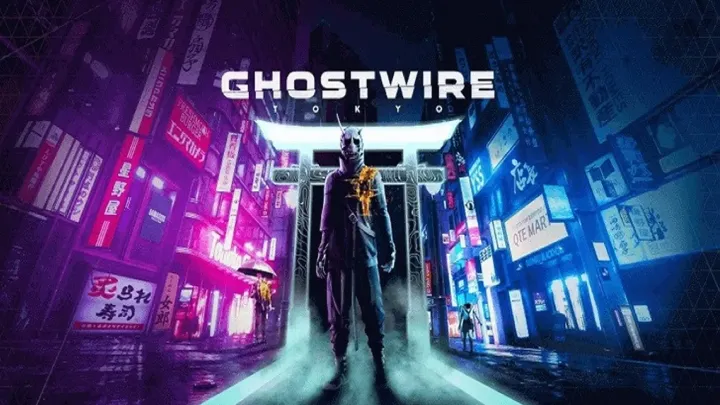
Introduction
Ghostwire: Tokyo is not merely a supernatural action-adventure game set against the haunting backdrop of a deserted Tokyo; it delves deeply into the themes of grief and loss. As players navigate the eerie streets and face spectral foes, they encounter a story that poignantly reflects the emotional journeys tied to mortality, memories, and the bonds that transcend life and death. This article examines how Ghostwire: Tokyo addresses these themes through its narrative, gameplay mechanics, and character development, creating an immersive experience that resonates on personal levels.
The Premise of Ghostwire: Tokyo
A Disrupted Reality
At its core, Ghostwire: Tokyo presents a world where reality has been disrupted by a mysterious phenomenon known as the Vanishing. The sudden disappearance of Tokyo’s population sets the stage for a haunting exploration of the void left behind. Players embody Akito Izuki, who must confront both physical threats in the form of spirits and the emotional void of losing loved ones.
The game effectively uses Tokyo’s urban landscape—its empty streets, abandoned buildings, and eerie atmosphere—to parallel the feelings of isolation and loss that come from such a cataclysmic event. The haunting beauty of the city enhances the narrative, immersing players in a world that feels both familiar and alien.
The Primary Conflict
Akito's journey is intertwined with that of Hanya, an antagonist whose motives are revealed as deeply rooted in his own grief and loss. This dual narrative illustrates how grief can manifest in destructive ways, shaping the actions of both hero and villain. It creates a complex dynamic that forces players to confront the many forms of grief, not merely as an abstract concept but as a visceral experience.
Grappling with Personal Loss
Akito’s Journey
Akito's character arc is steeped in personal loss and the quest for redemption. At the beginning of the game, he is mourning the death of his family due to tragic circumstances. This grief shapes his motivations as he becomes entangled with Hanya and the supernatural events in Tokyo.
The emotional weight of Akito’s loss is palpable throughout the game. Players witness his struggle to reconcile his past with the present while grappling with feelings of guilt and sorrow. His personal journey serves as a vehicle for exploring how loss can motivate individuals to take drastic actions, a theme that echoes throughout the narrative.
The Role of the Supernatural
The supernatural elements in Ghostwire: Tokyo serve as manifestations of Akito’s grief. The spirits he encounters are not merely enemies but embodiments of the various ways people cope with loss. Each spirit has its own backstory, often tied to unresolved issues from their lives, providing insight into their motivations and fears.
This design choice transforms adversaries into tragic figures, emphasizing that everyone has a story rooted in loss and that grief can lead to profound emotional turmoil. By humanizing these spirits, the game invites players to reflect on their own experiences with loss, fostering empathy as they confront Akito’s journey.
Hanya: A Reflection of Unresolved Grief
Understanding Hanya’s Motivations
Hanya, the main antagonist, provides a crucial counterpoint to Akito’s experiences. His character is driven by a deep-seated desire to exert control over loss, having experienced profound grief himself. The character’s drastic actions stem from his attempts to cope with personal tragedy, illustrating a darker aspect of how loss can shape a person.
His motivations force players to consider the fine line between grief and vengeance. Hanya’s desire to manipulate the supernatural realm as a means of restoring what he has lost speaks to a fundamental human desire to challenge mortality and reclaim what has been taken away.
The Duality of Grief and Power
Throughout their interactions, Hanya represents a distorted version of Akito's struggles. Where Akito seeks to protect and remember, Hanya seeks to dominate and control. This duality serves as a critical thematic exploration of the different paths one can take in the face of grief.
The game adeptly uses this contrast to showcase how grief can lead to both healing and destruction. Akito’s eventual confrontation with Hanya is not just a physical battle, but a thematic representation of the struggles we all face when dealing with loss.
The Impact of Ghostly Encounters
Spirits as Symbols of Grief
In Ghostwire: Tokyo, the various spirits appear throughout the city with distinct stories and personalities. Encountering these entities allows players to explore different facets of grief. The game presents a range of spectral beings, from vengeful spirits to those seeking closure, each providing insight into the diverse ways people deal with loss.
Types of Spirits:
- Yurei: Spirits trapped in a cycle of unfulfilled attachments and unresolved feelings.
- Shōjō: Spirits expressing rage and sorrow associated with loss, often showcasing the emotional turmoil surrounding their demise.
- Kappa: Water spirits representing sorrow tied to nature and the environment, symbolizing the weight of ecological grief.
These characters not only populate the game's mythos but serve as poignant reminders of the importance of addressing grief and finding closure.
The Mechanics of Engagement
The game intertwines combat mechanics with these encounters, urging players to engage with the spirits rather than merely defeating them. This engagement requires players to undertake side quests that often resolve the spirits' unfinished business, allowing them to find peace and move on.
This gameplay style subverts conventional combat mechanics found in many action-adventure games, emphasizing the need for compassion and understanding over aggression. In doing so, Ghostwire: Tokyo highlights how interactions with others—whether living or dead—can lead to healing.
Navigating Akito's Memories
The Role of Memory
Memory plays a crucial role in the narrative of Ghostwire: Tokyo. As Akito confronts various spirits, he is also forced to confront his own memories—both painful and beautiful. The game encourages players to explore how memories shape identity and influence emotional responses to loss.
Flashbacks interspersed throughout the gameplay provide players with context about Akito’s life before the Vanishing. These glimpses into his past enrich the emotional narrative by illustrating the stark contrast between his memories and the grim reality he faces in the present.
Memory as a Source of Strength
The juxtaposition of memory and current struggles serves not only to deepen the character's psychological depth but also to illustrate how memories can be both burdensome and empowering. Akito learns that while the past can haunt him, it can also guide him in moving forward.
Events from Akito’s past often echo in the form of subquests, leading him to confront unresolved feelings about his family, guilt, and aspirations. In doing so, players explore how confronting and embracing memories is an essential part of the grieving process.
The City as a Character
Tokyo's Atmosphere
Ghostwire: Tokyo beautifully renders the city into a character of its own, rich with symbolism reflecting themes of loss and grief. The empty streets and haunting landscapes create a physical manifestation of Akito’s emotional state, allowing players to explore the interplay between environment and psyche.
The game’s attention to detail—ranging from eerie sound design to atmospheric visuals—immerses players in a world that feels both alien and intimately familiar. The atmosphere fosters an emotional weight that enhances the narrative of loss, inviting players to engage on a deeper level.
Cultural References
The game’s incorporation of Japanese folklore and its rich cultural context contributes significantly to its exploration of grief. By integrating traditional ghost stories and mythos, players gain insight into the cultural perceptions surrounding death and the afterlife, adding layers to the narrative.
These references serve not only to enrich the gameplay experience but also to highlight the universality of grief across cultures. Ghostwire: Tokyo ultimately positions Tokyo as both a physical and emotional landscape where the narrative unfolds.
Final Confrontation: Resolution and Acceptance
The Climax of Grief
The culmination of Akito's journey occurs in a series of intense confrontations where he must face both Hanya and his own demons. The final battle is not just about defeating an enemy, but rather a critical point of acceptance for Akito. Through confronting Hanya, he must reconcile his feelings of loss and guilt.
In this climactic moment, the game encapsulates the theme of acceptance—an essential step in the grieving process. Akito learns to let go of his pain while embracing the memories of those he has lost. This moment serves as a powerful reminder that healing often comes from acceptance rather than the denial of grief.
The Legacy of Loss
By the end of the game, Akito emerges changed, embodying a balanced understanding of his grief and how to navigate his memories. The resolution of Hanya’s story highlights the importance of confronting one's past rather than suppressing it.
Players are left with a profound sense of closure, not only for Akito but also for the spirits encountered along the way. The emotional weight of loss is not completely alleviated, but rather transformed into a part of Akito's identity.
Conclusion
Ghostwire: Tokyo masterfully intertwines its gameplay, narrative, and environment to explore the complex themes of grief and loss. Through the emotional journey of Akito Izuki, players are invited to confront their own understandings of mortality, memory, and healing. The game not only delivers an engaging experience filled with supernatural encounters but also serves as a poignant commentary on the ways individuals cope with loss.
As players navigate the haunting streets of Tokyo, they are left with an enduring message: while grief may leave an indelible mark, it is also an integral part of the human experience. Ghostwire: Tokyo eloquently captures this struggle, offering players a chance to reflect on their own lives in the face of loss, ultimately reaffirming the power of memory and acceptance.
